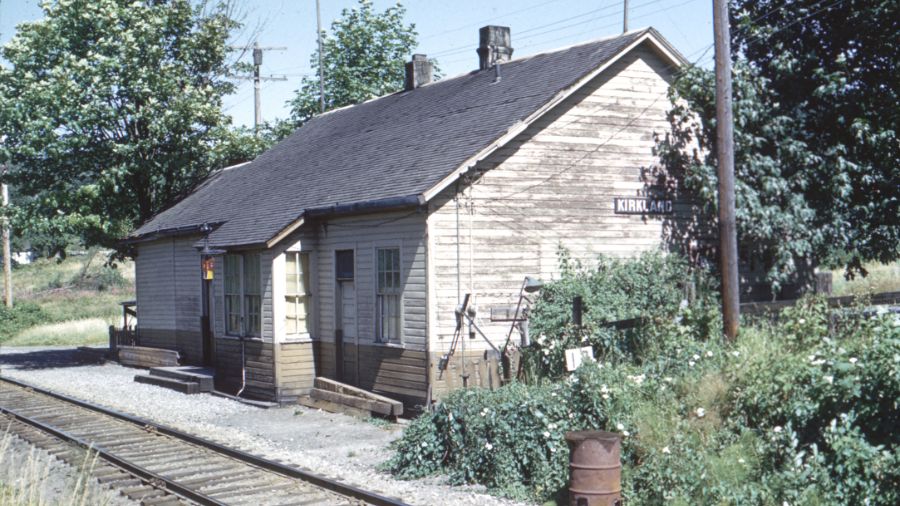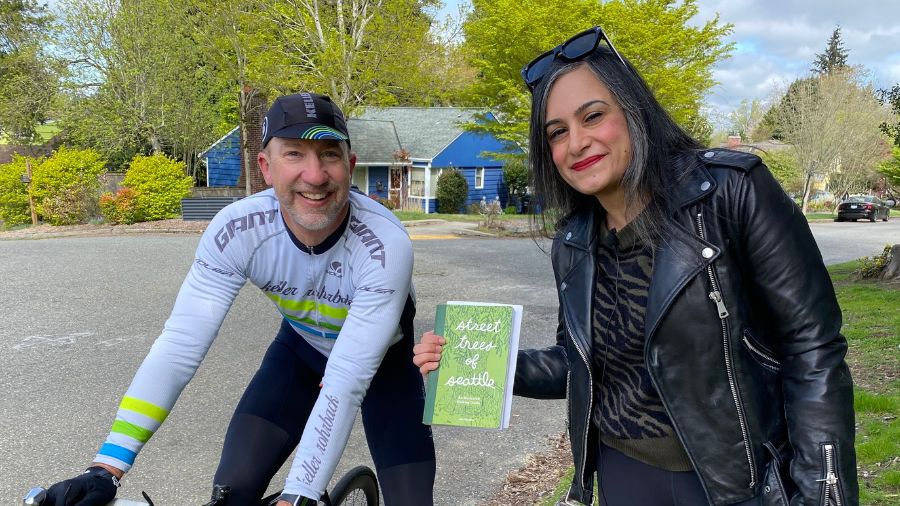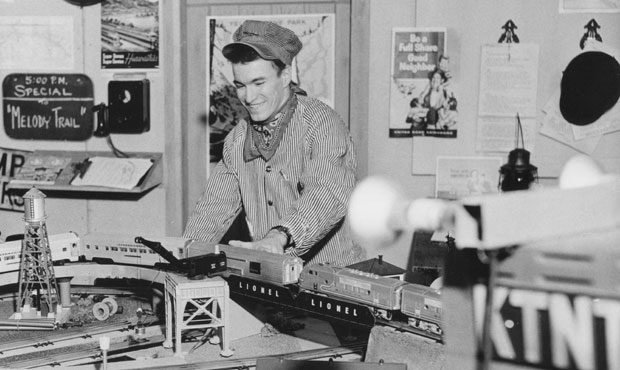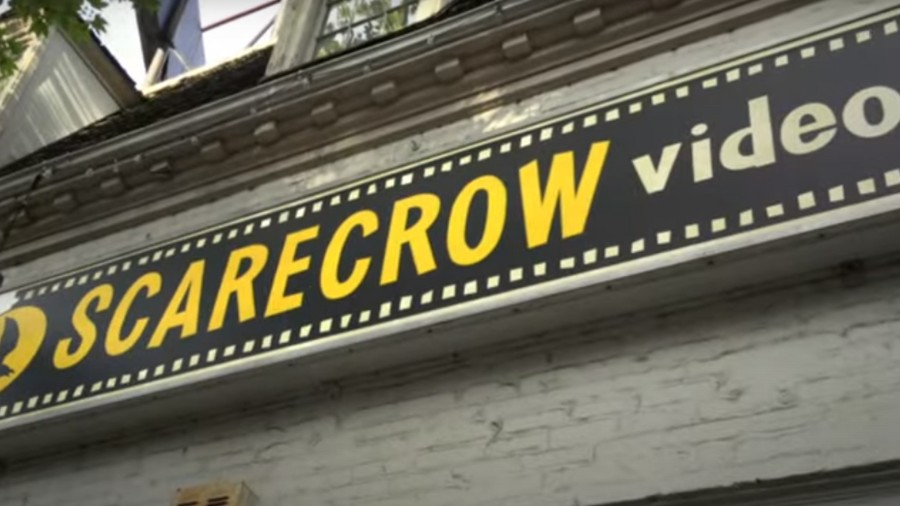Former Seattle mayors offer advice to Bruce Harrell on dealing with council, media, and more
Jan 3, 2022, 8:25 AM | Updated: Jan 4, 2022, 5:07 am
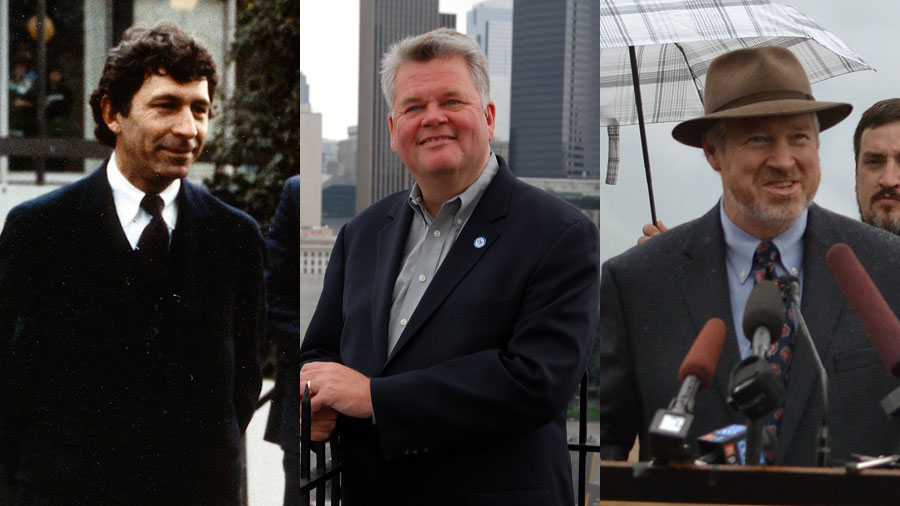
From left to right, former Seattle Mayors Charley Royer, Greg Nickels, and Mike McGinn. (Flickr Creative Commons)
(Flickr Creative Commons)
Seattle’s new Mayor Bruce Harrell officially took office early Saturday as the New Year began. In the days and months ahead, he’s going to get all kinds of specific policy advice from experts in the various fields, with plenty of people likely vying to influence his decision-making on things like public safety, transportation, and everything in between.
Can Seattle finally stabilize mayoral role mired in controversy, single-term tenures?
But there are really only a handful of people who have been in the mayor’s shoes. Over the weekend, we spoke with a trio of recent Seattle city chief executives to get their advice for Mayor Harrell as he begins his first full week in office.
Mike McGinn
McGinn was Seattle mayor from 2010 to 2014, and he says no matter how busy Mayor Harrell feels he is in these first few weeks on the job, he must talk to the media.
“When I first took office … I think a mistake I made was saying to the media, ‘can you guys like lay off a little while, I got a lot of work to do here, and I don’t have time to just meet with you all the time,” McGinn recalled. “I think the media doesn’t like it when you do that — they get mad and they start reacting a certain way.”
“So, do more of that, Mayor Harrell,” he added. “And you do have to keep meeting with them, but I do want the media to recognize how much pressure is on a new mayor, and also that it takes time to build momentum.”
Speaking to that momentum, McGinn says that it’s critical to build it quickly, which might prove tricky given the state city hall was left in by its prior two mayors.
“I think it’s going to be particularly difficult for Mayor Harrell,” he opined. “He’s got a lot of interim directors, and I honestly don’t think that the prior mayor left him with a lot of momentum on a bunch of different issues — she was moving on. And the mayor and the mayor before Mayor Durkan, [Ed Murray], also was distracted by the end of his term.”
Murray’s tenure as mayor was infamously cut short by the biggest scandal Seattle City Hall had seen since 2003’s Strippergate fiasco, facing sexual abuse allegations from five separate accusers, one of whom was his younger cousin. While Murray initially attempted to brush off the scandal as “a political take down,” calls for his resignation grew loud enough for him to step down in May of 2017.
Given that — and Durkan’s tenure marred by frequent sparring with city council, difficulties brought on by the pandemic, and vocal cries for police reform — McGinn believes that Harrell will have a tough hill to climb.
“I think there’s a lot of work to do to kind of rebuild the muscles and sinews and strength within city government,” he said. “And I don’t want to be negative — there are people down there in the engine room of city government who’ve been keeping this thing working through mayor after mayor, and they’re doing their best.”
“But when you can get a mayor providing some focus and clarity to everybody else, they can do a lot more,” he clarified. “I think he’s got a big job ahead of him to just get city government working as effectively as the public wants it to work. It’ll never be effective enough, but [it can be] more effective than it’s been.”
Greg Nickels
Greg Nickels led Seattle from 2002 to 2010, serving as the city’s last two-term mayor. He says Mayor Harrell has to have a thick skin, and must step carefully online.
“Never, ever read the comments in an anonymous comment section — just don’t do it,” Nickels advised. “It is not of any value to you and can only upset your family.”
“You need to have a thick skin,” he continued. “You have to be able to take those barbs and they’re going to come, and they should come. Our elected officials should be open to criticism. Just when they get to be anonymous and obnoxious, ignore those. Try and take the others to heart, but do it in a way where you don’t respond angrily or with a short fuse.”
Mayor Nickels also famously tangled a series of snowstorms that hit the city in December 2008, and some say actually cost him a third term. He learned a few things from that experience that might be helpful to Mayor Harrell.
“You know, I like [the snow] so much better now that I’m not mayor,” he joked. “I can enjoy it again.”
“I can tell you that every mayor in the country, when snow gets in the forecast, cold shivers go up and down their spine, and that was true for me,” Nickels said. “There were actually three storms in a row that we just were not able to deal with. We had people who worked really hard to try and keep up, but our systems were overwhelmed.”
The general consensus following those storms was that Seattle was woefully unprepared, leaving crucial roads unplowed and residents trapped in their respective neighborhoods for days and weeks at a time.
Nickels took further criticism when he was quoted as giving the city a “B+” letter grade for its response efforts, although he maintains that his comment was taken out of context.
“I was saying that the workers deserve a B+ for effort, not that we deserved a B+ for our result, because it was not good,” he explained. “People were working 24/7 to try and keep up with the storms, and that’s how I meant it. It was taken out of context, which happens, so, c’est la vie. I have never given myself a letter grade since.”
Charley Royer
Over Jenny Durkan’s term, Seattle saw firsthand how a contentious relationship between the mayor’s office and city council can lead to negative outcomes, ranging from calls from either side for the other to resign, to back-and-forth debates over policing that persisted through her final days in office.
Looking back on mayoral term marked by years of conflict between Jenny Durkan, city council
Charley Royer is Seattle’s only three-term mayor, serving from 1978 to 1990. He says a good working relationships with the city council and the media are key.
“Don’t criticize the council, even in private with your department, and don’t engage in bad mouthing the council with the citizens or with others who have some case against the council,” Royer said. “They know it when you’re doing that, it’s almost like an animal kind of sense that they sense that you have been talking about them, or they hear about it, and that will negate any entreaties you make with the council, or any approach you make for the council to try to work with them.”
“So don’t engage in that, and certainly don’t engage in beating up the press,” Royer added. “And don’t be quoted in the papers or on TV saying that the media doesn’t understand or that they’re out to get me or whatever.”
Above all, all three of these guys see being mayor of Seattle as the coolest job in the world, and that it should be something to be really enjoyed, not in a glib or oblivious way, but in a way that inspires Seattleites and city employees.
Charley Royer says he gave two other mayors who succeeded him some feedback on this front. One was the late Paul Schell, who served as mayor between 1998 and 2002, and then also Ed Murray.
“Paul and Ed, I told them both that when they came to city hall in the morning, they looked like they were going in for a root canal,” Royer recounted. “They didn’t seem to realize they had the best job in America, which is the mayor’s job, that they were the closest thing to the people in government that people would ever experience, and that people wanted to like their mayor. They wanted to see the mayor having some fun with a job in a fun city, the likes of which you couldn’t find in many other cities.”
I want to thank Mike McGinn, Greg Nickels, and Charley Royer for returning my calls. They certainly don’t have to and they’re all good sports, who have the best interest of the city as a whole at heart. And I think, like everybody, they’re pulling for the new mayor Bruce Harrell to succeed, as I think we all are.
You can hear Feliks every Wednesday and Friday morning on Seattle’s Morning News, read more from him here, and subscribe to The Resident Historian Podcast here. If you have a story idea, please email Feliks here.


